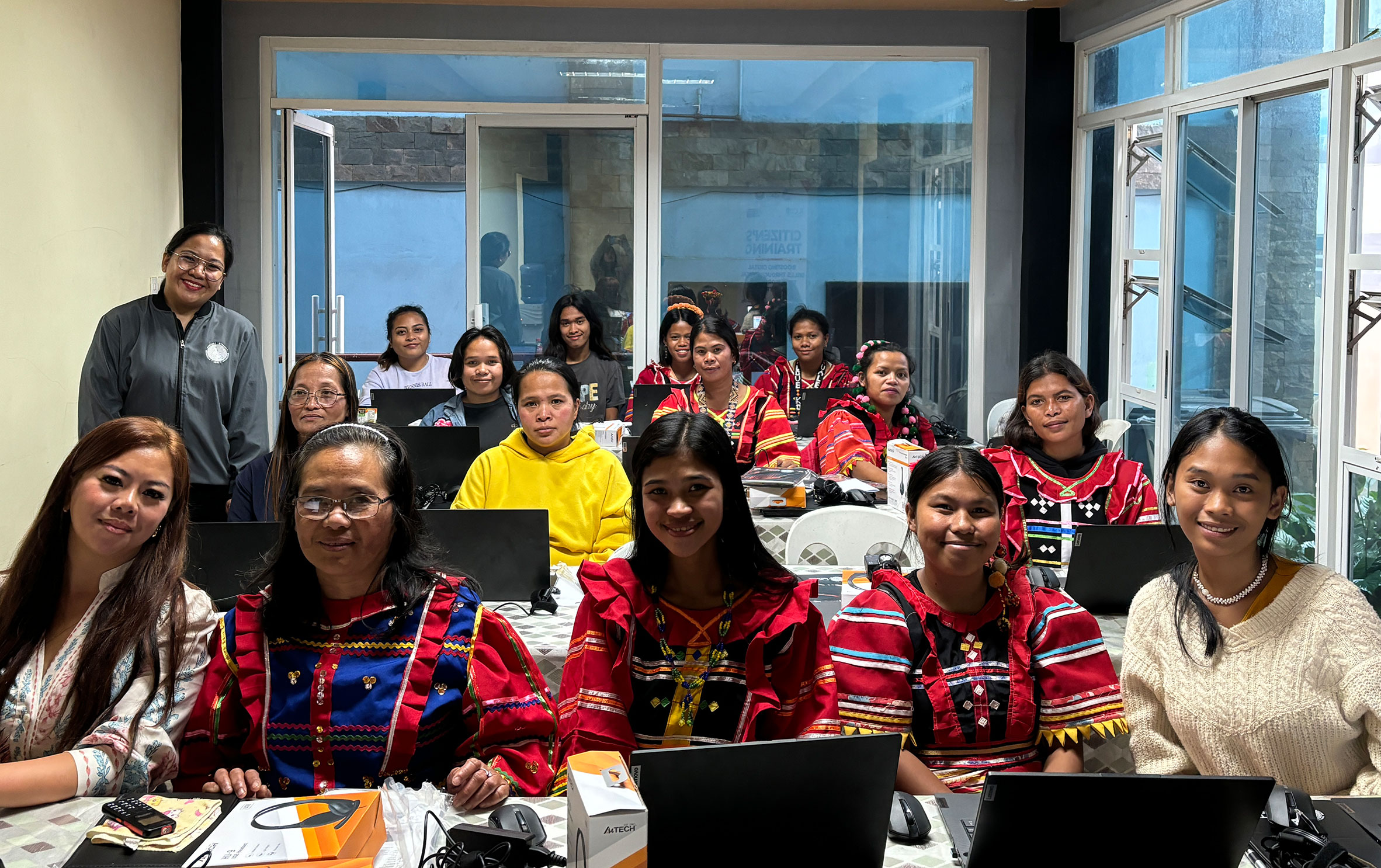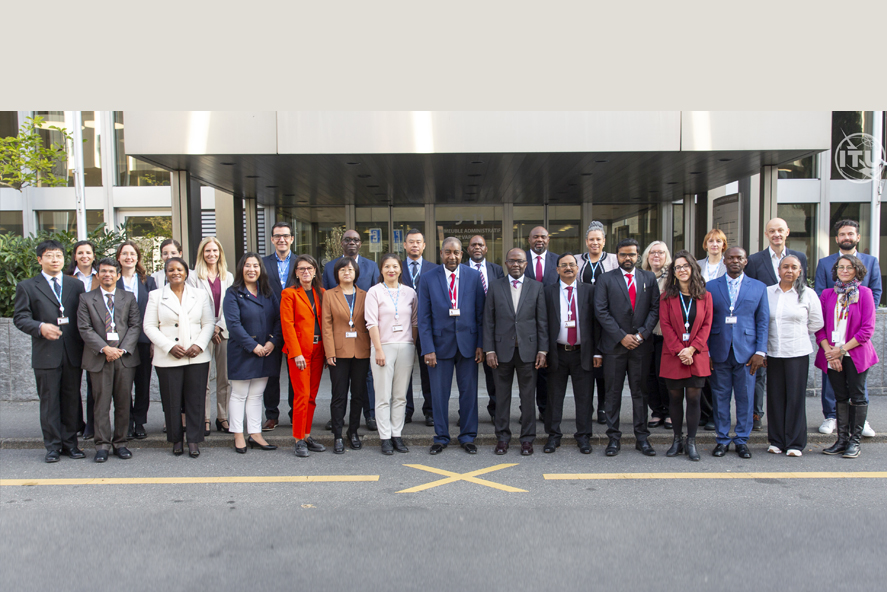
Inclusive digital education for visually impaired people in Pakistan
The Virtual University of Pakistan conducted a train-the-trainer course in November 2024 that prepared participants – comprising 10 visually impaired trainers and 10 sighted assistants – to teach basic computer skills to people with visual impairments.
The Virtual University is an ITU Digital Transformation Centre (DTC) in Pakistan.
The training helped bridge the gap between people with visual impairments and opportunities for employment, education, and social life. Over two weeks, participants gained skills and learned methods for introducing digital tools to people with visual impairments. Half of the trainers-in-training were visually impaired themselves.


“A trainee who had never touched a keyboard before this programme was able to confidently type and navigate by the end of the second week,” said Syed Ali, Manager at the Professional Development Center (PDC) of the Virtual University, which represents the DTC in Pakistan.
Some trainers received an extra week of coursework to become certified master trainers, which allows them to continue to share their knowledge and train other instructors.
“This is one of the most unique trainings I have experienced,” said Waqas Ramzan, a visually impaired participant in the course. “The real-time collaboration between the visually impaired trainers and the sighted trainers was an amazing feature of this training programme. I never thought that we could work in such a collaborative way.”
Farzana Irum, Manager at the PDC and a sighted participant, explained that she learned to understand the daily routines and challenges of visually impaired people. “This helped us develop a deeper sense of empathy and collaboration,” she noted.


The course, which was developed by the STMicroelectronics Foundation, a partner of the DTC Initiative, and funded by ITU and the Government of Norway through the DTC Project “Boosting Digital Skills through Digital Transformation Centres”, aligns with ITU’s broader objective of digital development and transformation.
A similar training was launched in Ghana’s DTC, and another began in Uganda earlier this year.
This is an ITU Development #DigitalImpactUnlocked story
About the Digital Transformation Centres (DTC) Initiative
The Digital Transformation Centres (DTC) Initiative was launched in September 2019 by the ITU Telecommunication Development Bureau (BDT) in partnership with Cisco, with the objective of supporting countries to strengthen digital capacities of citizens, particularly in the underserved communities. The DTCs become part of a global network of institutions to accelerate the uptake of digital technologies among citizens and boost the capacity of young entrepreneurs and MSMEs to succeed in the digital economy.
The ‘Boosting digital skills through Digital Transformation Centres (DTCs)‘ project supports the activities implemented under the DTC Initiative.
Global DTC Workshop 2025
The Global DTC Workshop 2025 will take place from 10 to 12 June in Santo Domingo, the Dominican Republic. It will be held in conjunction with the annual meeting of the ITU Academy Training Centres (ATCs).
Also read

Enhancing digital inclusion in Ghana – an Introduction to Computer Basics for Visually Impaired people
Discover more

Driving digital empowerment in the Dominican Republic through the DTC Initiative
Discover more

Empowering indigenous people in the Philippines through digital literacy training programme
Discover more

ITU Academy Training Centres meet in Manama, Bahrain, to share best practices and strengthen digital skills training
Discover more

Digital training empowers vanilla farmers in Papua New Guinea to find new markets
Discover more

Driving digital transformation for sustainability; the Summer School experience
Discover more

Rafael Sosa Marte’s journey with the Digital Transformation Centres Initiative
Discover more

Hear from the ATCs: “How does being part of ITU’s ATC Network help you deliver impactful capacity development?”
Discover more

Building digital skills to accelerate economic prosperity
Discover more